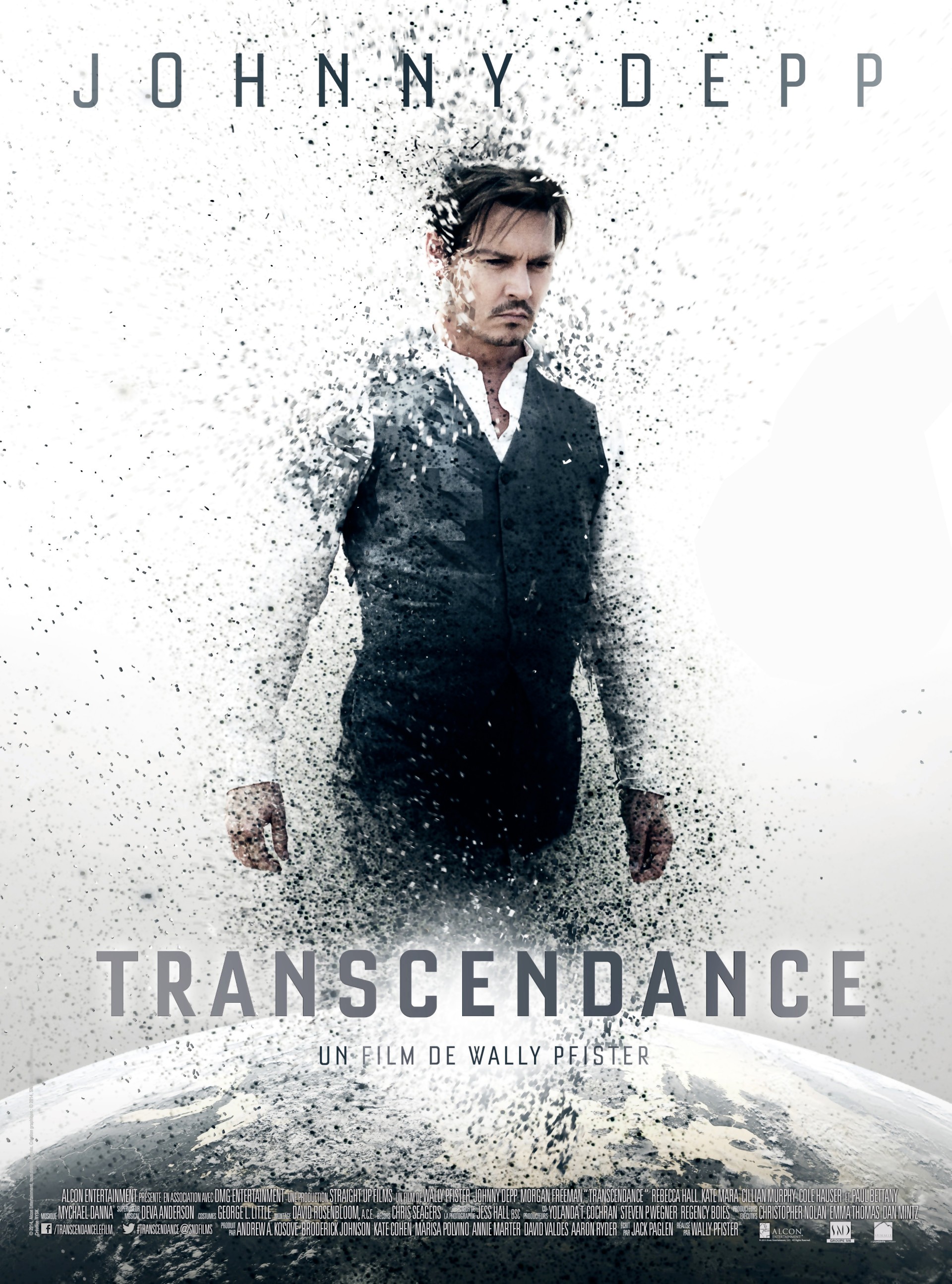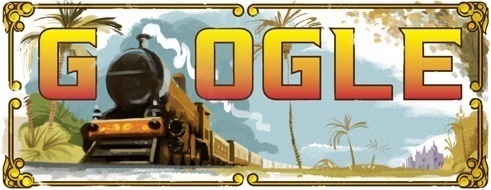This can also be titled, why I do not bother to vote any more. But lets keep that aside for the moment.
Here’s the thing, there are basically only two major national parties (yes there are others who claim to be national parties, but who are we kidding). The Congress and the NDA. There are other small time players which keep on switching sides as they see fit.
Over the past 15 years of my conscious life, I have seen the rules of both the parties (sadly more of Congress and less of NDA … but that really does not matter).
Both the parties have proved that they are corrupt and have some really royal scams to their names when they were in power. Both the parties have similar agenda. Both the parties hardly live upto expectations (however there are some exceptions to these, but they will never make it to the top of the pyramid).
Another facet in this conundrum is the fact that the Constitution of India mandates that all political parties declare themselves as upholding the socialist values of the country (at least on paper that is!). I don’t know how Mamtadi has a communist party which is against the constitution, but when have politicians really adhered to rules? So lets not bark up this wrong tree.
The point here is that the constitution more or less forces all parties to uphold the same ideological values (if any!!). Add to it that many MLAs switch sides to get something more for themselves from these two parties.
So at the end of the day, instead of debating on ideological differences, we end up seeing a simple mud-slinging campaigns between the two parties. Look they swindled x thousand crores and look how corrupt they are. At the end of the day the party going to rule is going to swindle. And that’s the sad moot point.
To the common man, it really does not make any difference whether Congress or NDA are the ruling party. All initiatives taken are so miniscule in nature that they end up being money making schemes for the ruling party (and in some cases for the opposing party as well).
So I hope the conundrum is pretty clear here … which party to vote for? The end result is the same. Choice is just an illusion.





